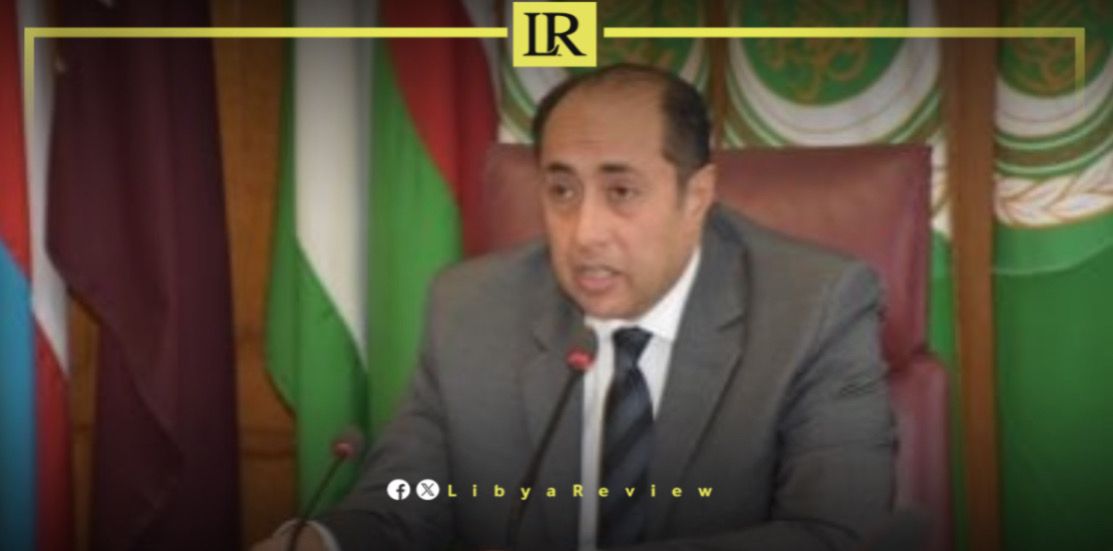Hossam Zaki, Assistant Secretary-General of the Arab League, stated that Libya is experiencing a cautious calm due to the separation of its institutions. He emphasised the fragility of the current situation and the need for unity among Libyan factions.
Zaki explained that the Arab League is actively involved in promoting dialogue and reconciliation among Libyan leaders. Recently, representatives from the League met with three Libyan party leaders to facilitate consensus and cooperation. This initiative aims to bridge the gaps between various political entities in Libya.
The division of Libyan institutions has significantly impacted the country’s stability. The fragmentation hinders effective governance and poses challenges to achieving lasting peace. Zaki highlighted that the Arab League is committed to supporting Libya through this transitional phase.
Efforts to bring together Libyan factions are part of a broader strategy to stabilise the region. The Arab League recognises the importance of a unified Libya for regional security and development. Zaki underscored that achieving political consensus is crucial for Libya’s progress.
The meetings with Libyan party leaders are a step towards fostering dialogue and mutual understanding. The Arab League’s role is to mediate and encourage constructive discussions. By doing so, they hope to create a foundation for a more cohesive political landscape in Libya.
Zaki called for continued international support to help Libya navigate this delicate period. The involvement of global and regional partners is vital for reinforcing peace efforts and ensuring the country’s stability. He reiterated the Arab League’s dedication to working with Libyan leaders to achieve a sustainable resolution.
Last month, the Secretary-General of the Arab League, Ahmed Aboul Gheit, stated that the frozen situation in Libya is not a solution as it creates conditions prone to relapse.
He made these remarks during the opening session of the preparatory meeting of Arab foreign ministers for the Arab Summit in Bahrain on Tuesday.
He emphasised the need for greater joint efforts from the Arab system to address these issues. Aboul Gheit also highlighted that the intensified polarization at the international level necessitates greater Arab cooperation and coordination.
The current situation does not alleviate the suffering of the people or provide the desired regional stability, according to the statement.


